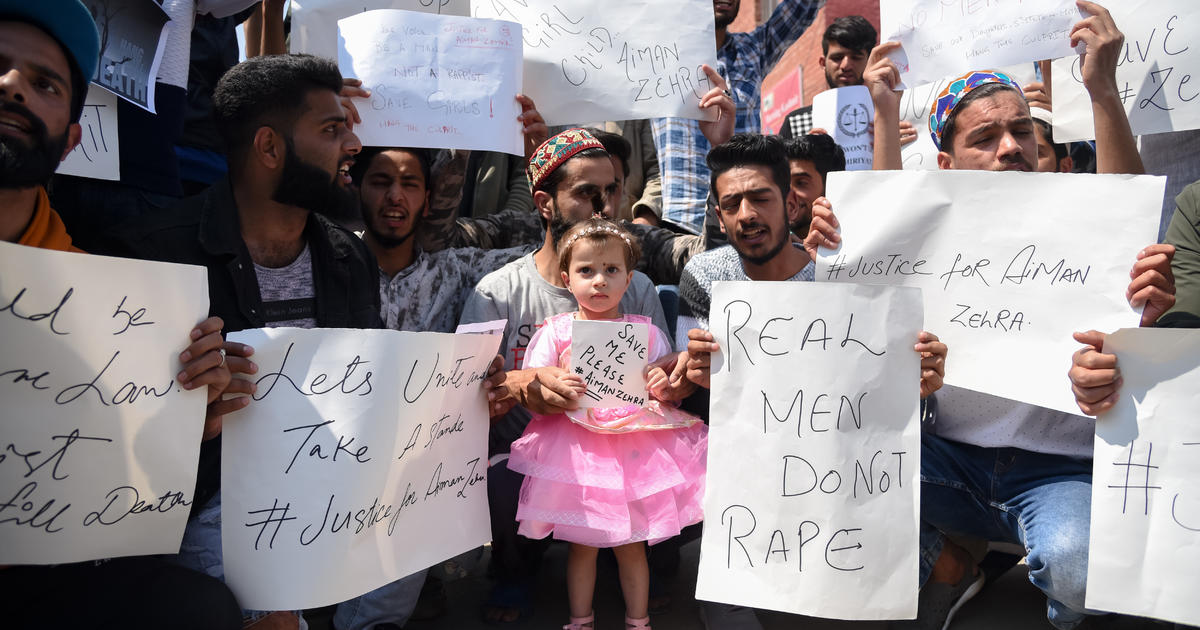New Delhi – An Indian court ruled that touching a child cannot be considered sexual assault, as long as there is no “skin-to-skin contact” or “sexual intent”. The January 19 ruling by Judge Pushpa V. Ganediwala of the Bombay Supreme Court cleared a 39-year-old man who had been accused of sexually assaulting a 12-year-old girl in 2016 for any wrongdoing. He drew widespread criticism from activists in a country plagued by rape and sexual violence.
During the trial, the girl accused the defendant in the case, a man who goes by the name of Satish, of bringing her into his home on the pretext of giving her food and then touching her breast and trying to take off her clothes.
In her verdict, Judge Ganediwala said the incident could not be defined as sexual assault under the National Child Protection Act against Sexual Crimes (POCSO) as “by the definition of ‘sexual assault’, a ‘physical contact with sexual intent without penetration ‘is an essential ingredient of the offense. “
According to the POCSO Law, sexual assault is defined as when someone “with sexual intent” touches a child’s genitals, anus or breasts or makes a child touch anyone else in those areas “, or performs any other act with sexual intention involving contact without penetration. ”
Anyone convicted under the law is sentenced to a minimum of three years in prison. A first instance court had sentenced Satish to that minimum deadline, but the Bombay High Court overturned the verdict and convicted Satish on the less serious charge of “outraging a woman’s modesty” and sentenced him to prison for a year plus a 500 fine. Indian rupees ($ 7).
“The act of squeezing the breast of the 12-year-old child, in the absence of any specific details if the top was removed or if he inserted his hand inside the top and squeezed her breast, would not fall under the definition of sexual aggression”, said the court.
Idrees Abbas / SOPA Images / LightRocket / Getty
The verdict angered activists who have fought for years for the sexual security of women and children in India.
Dhananjay Tingal, Executive Director of the children’s rights group Bachpan Bachao Andolan, told CBS News that they would appeal the decision to the Supreme Court of India if its legal team determines that the Bombay court misinterpreted the POSCO Act.
“We consult with legal experts, we must make a decision in a day or two,” said Tingal.
India has a dark history of sexual violence against women and girls. According to government data released in September last year, an average of 87 rapes were reported every day in 2019. This represented an increase of more than 7% compared to 2018.
In March last year, India hanged four men for the brutal rape of a paramedic student in Delhi in 2012. The rape and murder of a 23-year-old woman sparked massive street protests across India and drew global attention to the situation of Indian women. But it hasn’t changed much since then.

